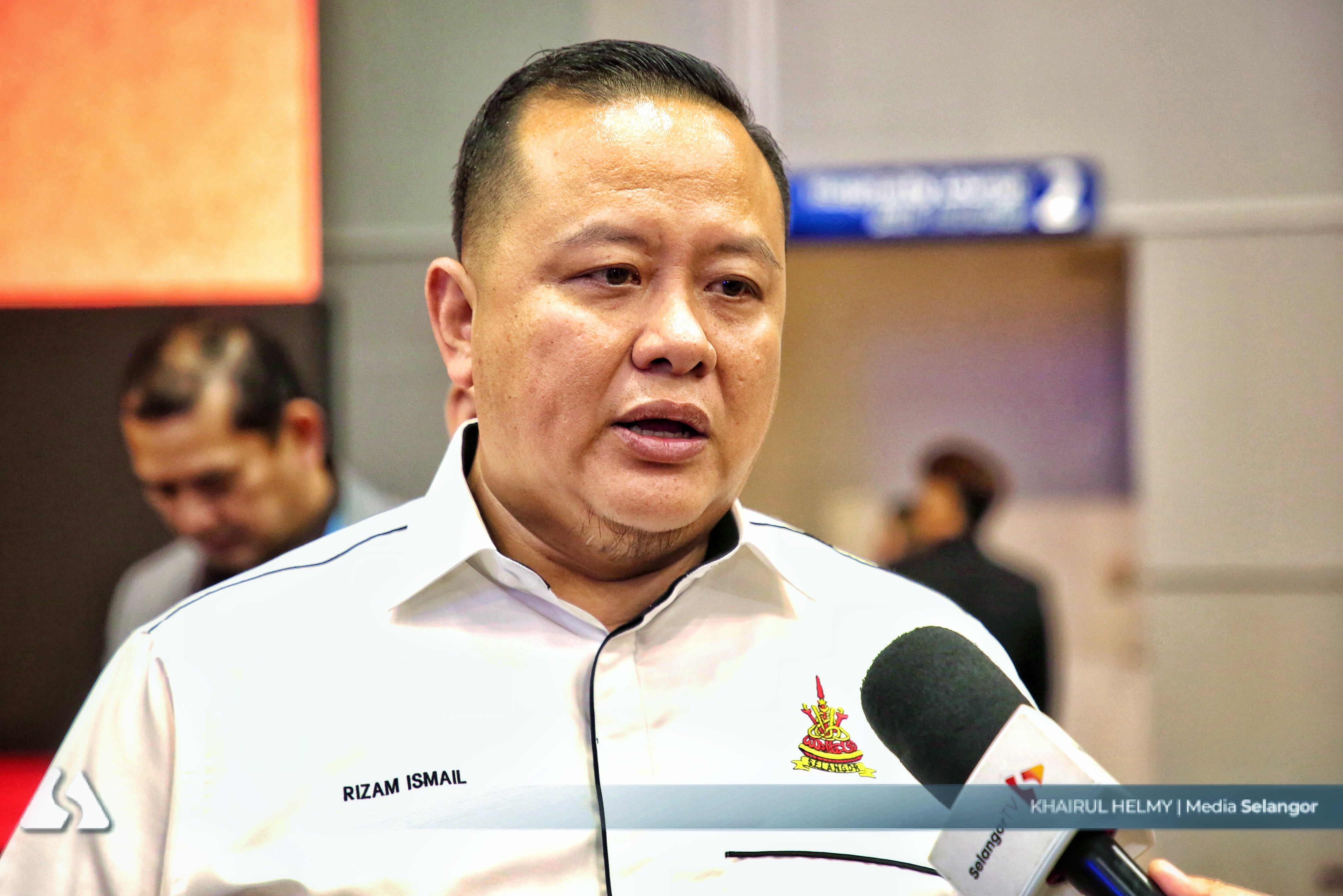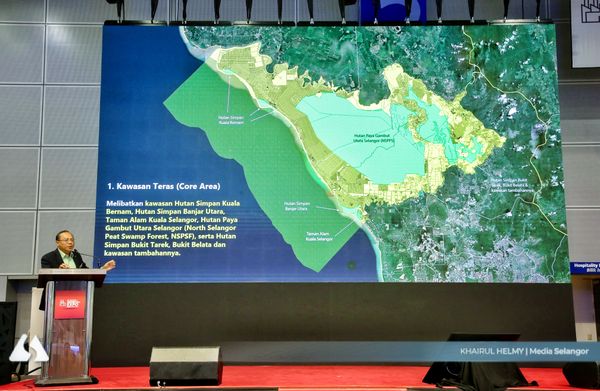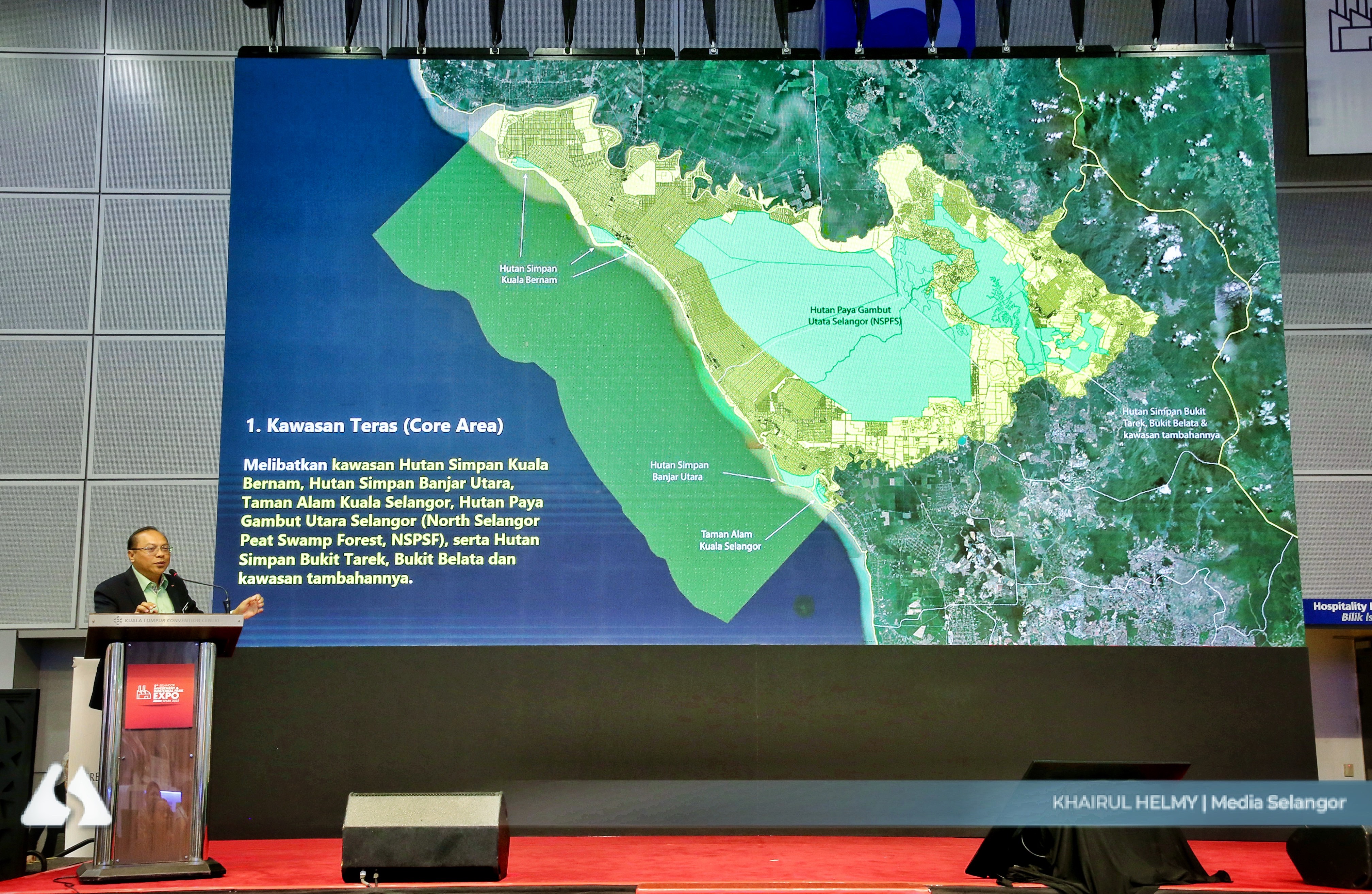SABAK BERNAM, Nov 8 — With its biodiverse flora and fauna, water retention areas, flood controls, and climate microstabilisers, an 81ha forest reserve in northern Selangor has been made the state’s first biosphere reserve.
It covers the Kuala Bernam Forest Reserve, Banjar Utara Forest Reserve, Bukit Tarek Forest Reserve, Bukit Belata Forest Reserve, Northern Selangor Peat Swamp Forest, and Kuala Selangor Nature Park.
The reserve comprises three zones — the core (ultimate protection area), the buffer (controlled activity), and the transition (sustainable development — which provides for a resilient ecological system.
The suggestion for the reserve is in line with the Selangor government’s commitment to maintain a minimum of 30 per cent of permanent forest reserve as a foundation for the state’s sustainability.
If it is a success, recognition by the United Nations Education, Scientific and Cultural Organisation (Unesco) will make Selangor the fifth state in Malaysia to hold the status.
Other sites in the country with the status are Chini Lake in Pahang (2009), Crocker and Kinabatangan Range in Sabah (2014 and 2025), and Bukit Bendera in Penang (2021).
Unesco Biosphere Reserve Nomination head researcher Prof Siti Azizah Mohd Nor from Universiti Malaysia Terengganu said the initiative aims to balance the relationship between humans, environment, and development, which is considered a living lab.
“It isn’t just a forest or wildlife reserve, but also a space that shows how people can develop the economy without affecting the ecosystem.
“We are compiling field data and submitting the official nomination to Unesco next year,” she said at the Unesco Biosphere Reserve Nomination Forum in Selangor’s northern corridor at the Selangor International Care Summit (SICS) on October 10.
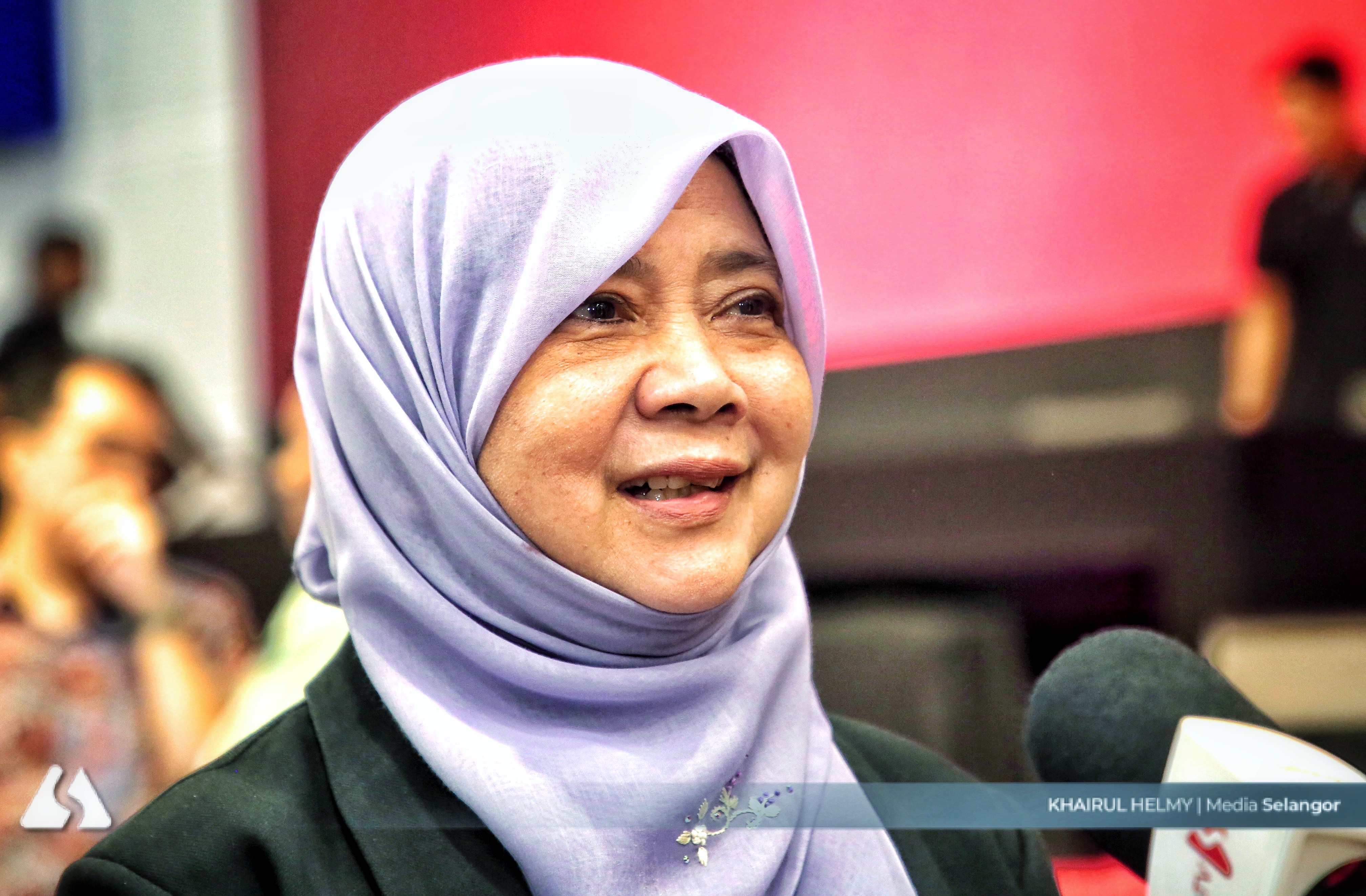
The 81ha biosphere reserve is included in the Sabak Bernam Development Area (Sabda) framework that was launched by Menteri Besar Datuk Seri Amirudin Shari in 2023.
With the aim of drawing RM1.9 billion in investment, Sabda focuses on the agrofood, fisheries and ecotourism sectors to create high-income jobs.
The plan is in line with the third core of the First Selangor Plan (RS-1) — driving sustainability.
Challenges and roadblocks
Selangor Forestry Department director Azhar Ahmad said the biosphere reserve is an approach that combines biodiversity conservation, economic development, and local community empowerment under a holistic governance system.
However, he acknowledged challenges of the nomination, referring to the degazettement of the Northern Hulu Langat Permanent Forest Reserve that became a controversy in 2020. However, the decision was rescinded a year later, with only a small part of the site now degazetted.
Selangor has gazetted 581.48ha in other locations including the Sungai Panjang Forest Reserve in Sabak Bernam, Ampang Pechah, and Bukit Broga as new permanent forest reserves.
Instead, he is confident that the biosphere accreditation will put Sabak Bernam on the map as Malaysia’s main agricultural district, with over 70 per cent of its land used for padi, coconut and palm oil crops.
Northern Selangor also has unique ecosystems like peat swamps, salt marshes, and rivers that serve as natural barriers to climate change.
“The effort is being continued but cautiously approached so it doesn’t compromise the state’s aim to obtain Unesco recognition,” said Azhar, who is also a nomination panellist.
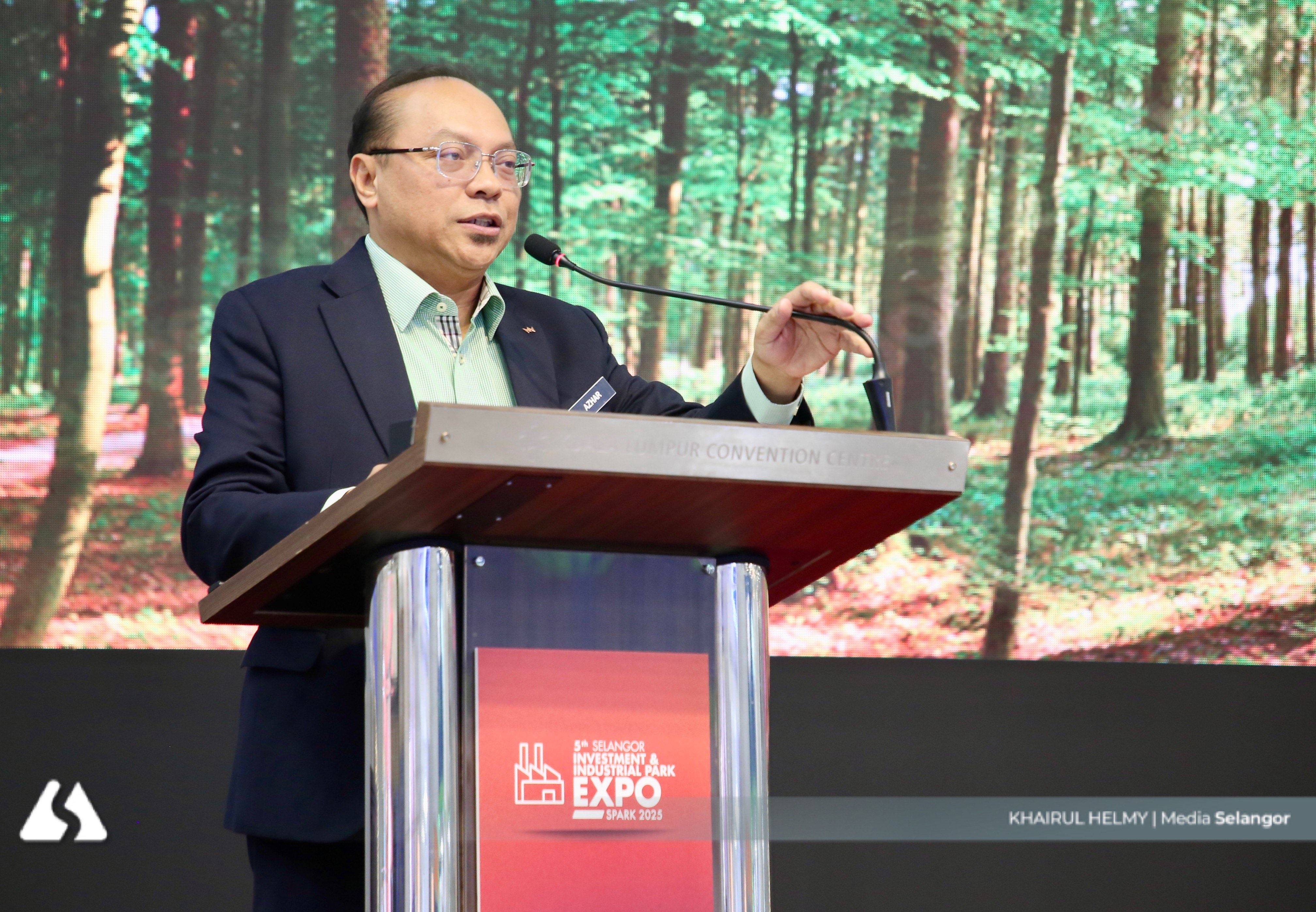
Sabak Bernam District Council (MDSB) secretary Mohd Azreen Ariffin meanwhile said Sabda is an important instrument to balance development needs and the conservation of environmentally sensitive areas.
“This plan ensures every development is planned based on clear land use zones. Peat swamps, forest reserves and shore areas are placed under protection to ensure long-term environmental and water resource sustainability,” he said.
The MDSB has continuously held conservation programmes including by planting mangroves, which stabilise river and firefly habitat ecosystems in Sungai Bernam and Sungai Panjang.
Since last year, 1,850 mangroves were planted with cooperation from government agencies, local communities, and non-governmental organisations.
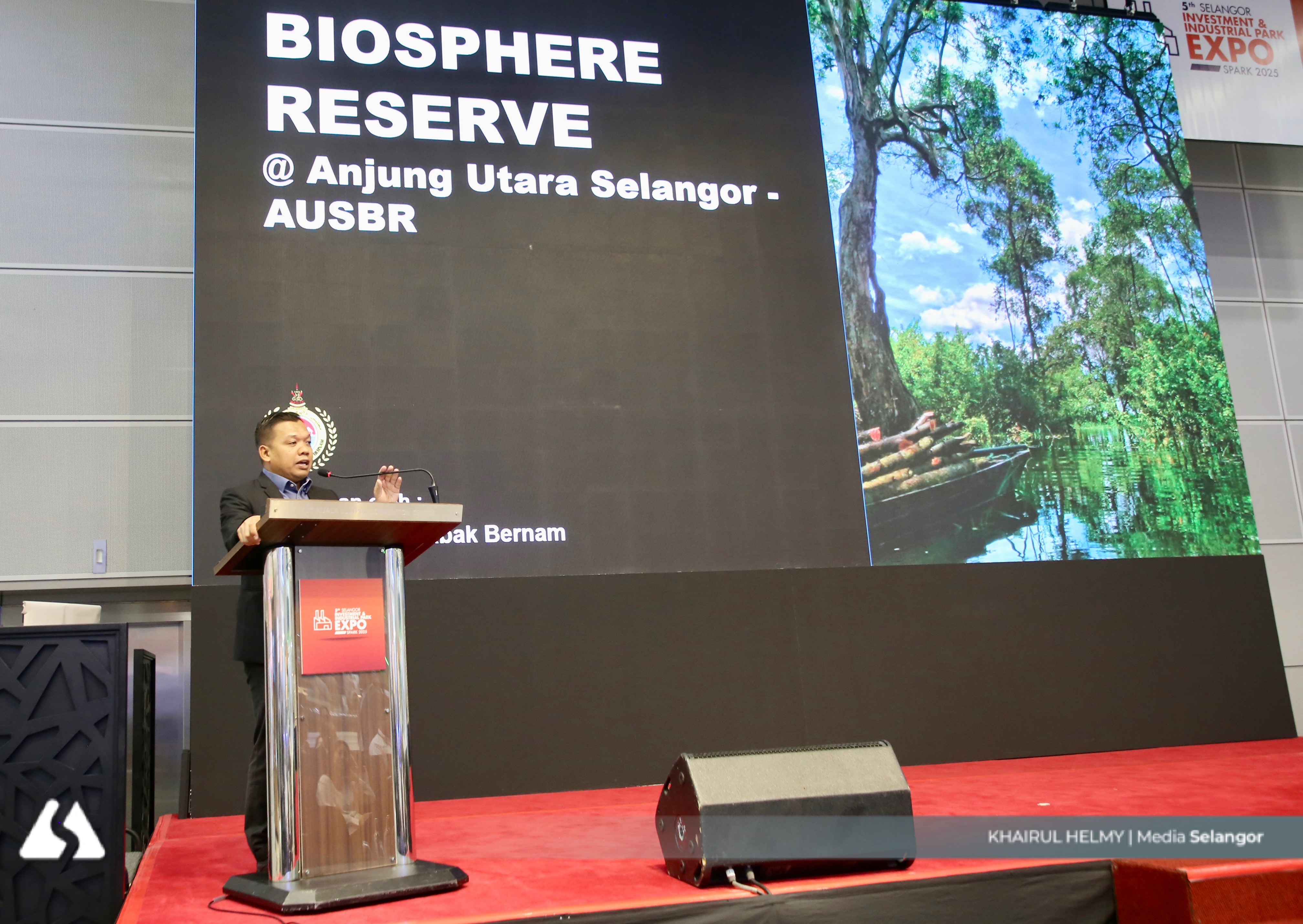
Meanwhile, state executive councillor for rural development and unity Datuk Rizam Ismail said the Unesco recognition would drive green economic growth in northern Selangor, and that Sabak Bernam would become a new growth hub based on environmental wellness.
“We want development that doesn’t compromise natural resources, but makes them an added value to the local economy,” he said, adding that he aims to make the district an inclusive green economy model that would serve as an example for other states.
His drive reflects the Selangor government’s effort that progress doesn’t necessarily have to sacrifice environmental sustainability.
